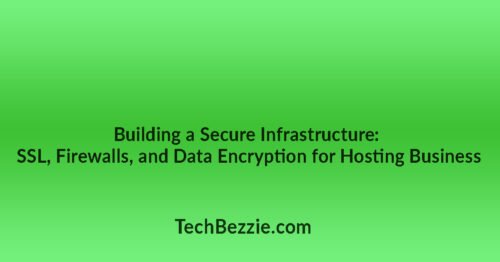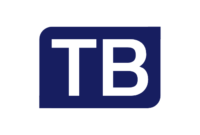Hey there, future tech moguls! Welcome to another wisdom-packed session with your friendly tech dad. Today, we’re diving into the fascinating world of cybersecurity, where SSL, firewalls, and data encryption stand guard against the digital baddies, ensuring your hosting business stays as secure as Fort Knox.
Understanding the Threat Landscape
So, picture this: you’ve built this amazing hosting business, but the online realm is a jungle filled with cyber predators. From phishing attacks to ransomware, the threats are real and evolving. It’s like trying to protect your house from a swarm of tech-savvy burglars. This is where our heroes, SSL, firewalls, and data encryption, come into play.
SSL (Secure Sockets Layer)
What’s SSL and Why Should You Care?
SSL is like the superhero cape for your data. It ensures that the information traveling between your users and your servers is rock-solid secure. Three magic words: data integrity, authentication, and encryption. Imagine SSL as the lock and key for your online interactions.
SSL Certificates 101
Now, there are different types of SSL certificates, each with its own superpowers. Domain Validated (DV) certificates are like the bouncers, ensuring you are who you say you are. Organization Validated (OV) certificates dig a bit deeper, and Extended Validation (EV) certificates are the VIP passes, providing the highest level of trust. Choose wisely!
Firewalls
Meet Your Digital Gatekeepers
Think of firewalls as the gatekeepers of your online fortress. They come in two flavors: hardware and software. Hardware firewalls are like the indestructible walls of a castle, blocking bad traffic at the front door. Software firewalls, on the other hand, are the vigilant guards patrolling the castle grounds, sniffing out and stopping potential threats.
Fine-Tuning Your Firewalls
To make these guardians even more effective, we need to set some ground rules. Rule-based filtering is like giving your guards a playbook – they know what’s allowed and what’s not. Intrusion Detection Systems (IDS) and Intrusion Prevention Systems (IPS) act like the secret agents, identifying and stopping threats in real-time.
Data Encryption
The Art of Securing Your Secrets
Now, let’s talk encryption. It’s like sending your data in an unbreakable safe. Symmetric encryption is the one-key-fits-all approach, while asymmetric encryption uses a pair – a public key for everyone and a private key for the VIPs. It’s like having a secret handshake only you and your server understand.
At Rest or in Transit?
Encrypting data at rest means your secrets are safe when stored, and full disk encryption is the superhero making it happen. When it’s in transit, Transport Layer Security (TLS) ensures your data is like a secret agent traveling through a secure tunnel – no prying eyes allowed.
Best Practices for Building a Secure Infrastructure
The Never-Ending Quest for Security
Imagine your hosting business as a spaceship exploring the vast universe of the internet. To keep your ship from encountering asteroids and black holes, you need regular security audits, employee training programs, and an incident response plan. Updates are like refueling – keep your ship running smoothly!
Conclusion
So, there you have it, my tech-savvy offspring! SSL, firewalls, and data encryption are the unsung heroes of the digital age, ensuring your hosting business sails through cyberspace unscathed. As you embark on this journey, remember: the quest for security is a never-ending saga, and your commitment to it will define your success in the ever-evolving landscape of the internet. Stay secure, stay savvy!


